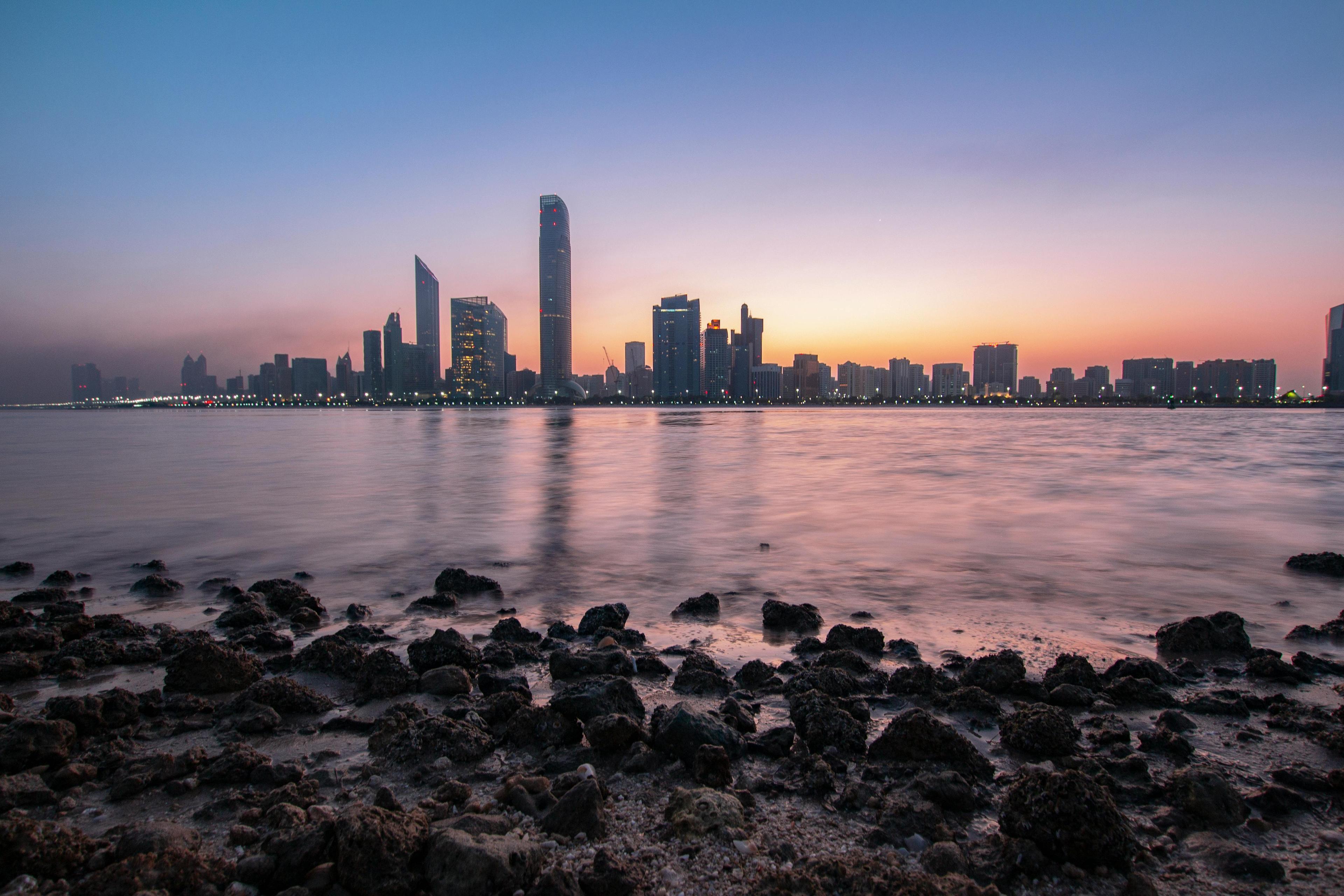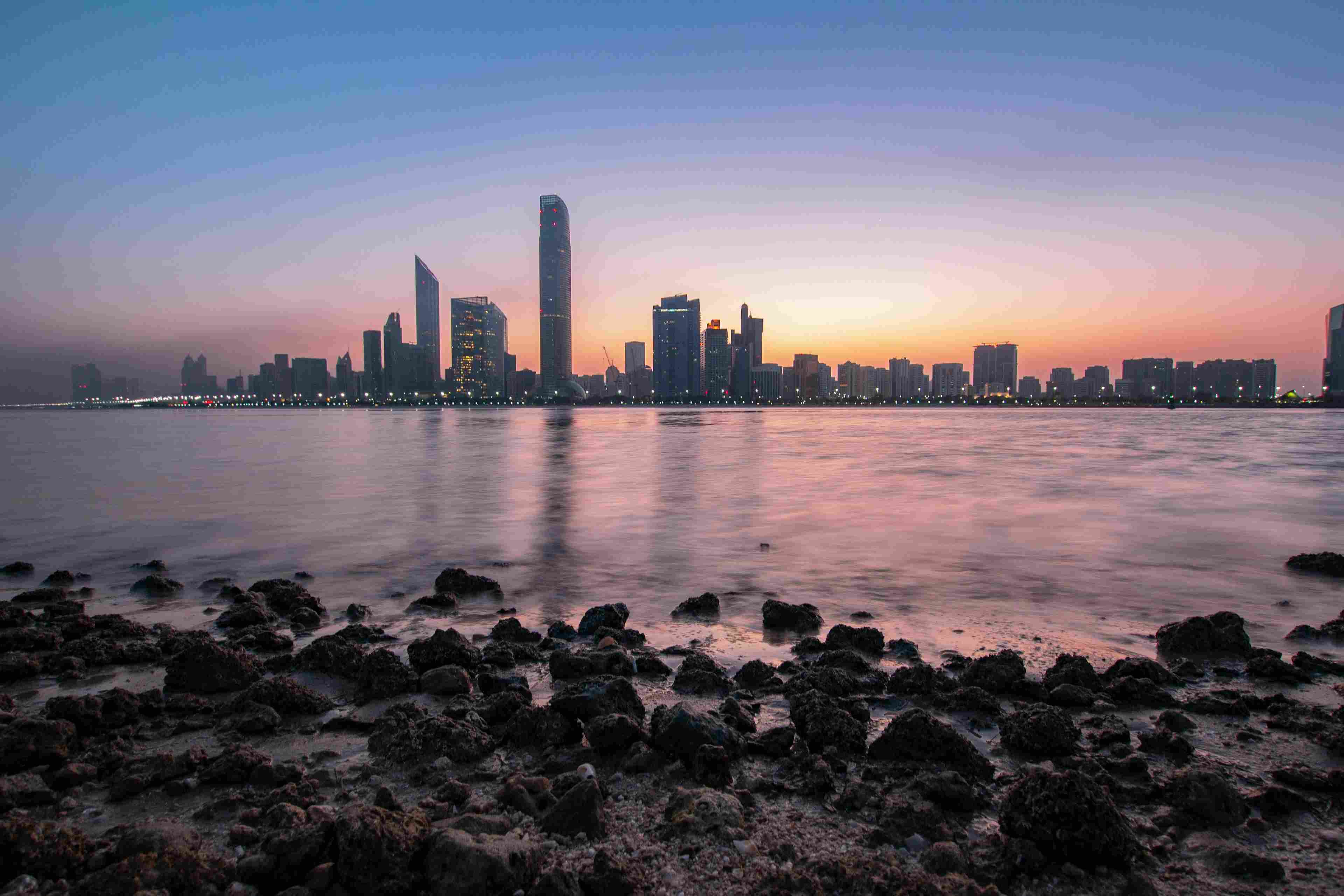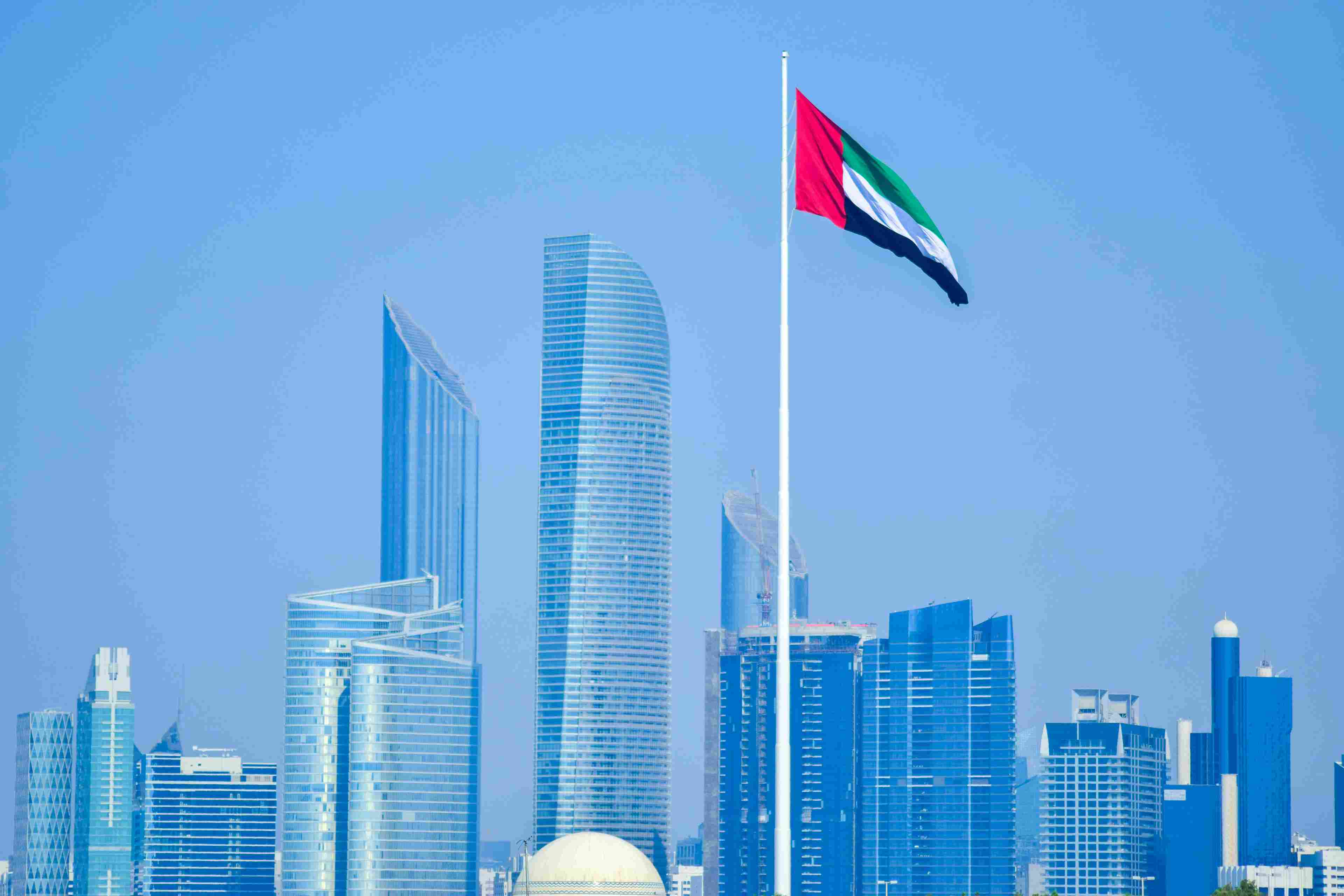
ABU DHABI, United Arab Emirates (Enmaeya News) — According to an Ernst & Young report, the United Arab Emirates (UAE) has enacted significant climate legislation and introduced a national carbon credit registry to accelerate its journey toward net-zero emissions by 2050. In 2024, the UAE introduced two pivotal legal instruments: Federal Decree-Law No. (11) of 2024 on the Reduction of Climate Change Effects, effective May 30, 2025, and Cabinet Resolution No. (67) of 2024 concerning the National Register for Carbon Credits. These measures aim to align the nation's climate initiatives with international commitments and establish a transparent greenhouse gas (GHG) emissions management framework.
The legislation was enacted in the UAE in 2024, with implementation commencing in 2025. The UAE faces significant climate challenges, including projected temperature increases of 1.5 to 2°C by 2040 and rising sea levels threatening up to 90% of coastal infrastructure. These legislative actions are crucial for mitigating climate risks, ensuring environmental resilience, and achieving the UAE's Net Zero 2050 target. The UAE government, including federal and local entities and public and private sector organizations, is subject to these regulations. Entities emitting over 0.5 million tons of CO₂ equivalent yearly must report their emissions and implement reduction plans. Recognizing the urgent need to address climate change, the UAE has taken proactive steps to legislate climate action. The new laws require businesses to establish GHG emissions monitoring and reporting systems, develop decarbonization strategies, and set science-based emission reduction targets.
The National Carbon Registry facilitates the registration of emission reductions and enables participation in carbon trading, providing financial incentives for sustainability efforts. Businesses must comply with the new regulations by establishing appropriate monitoring systems and reporting frameworks. The UAE will continue to develop its climate policies and infrastructure to support its net-zero ambitions and foster a sustainable economy.







